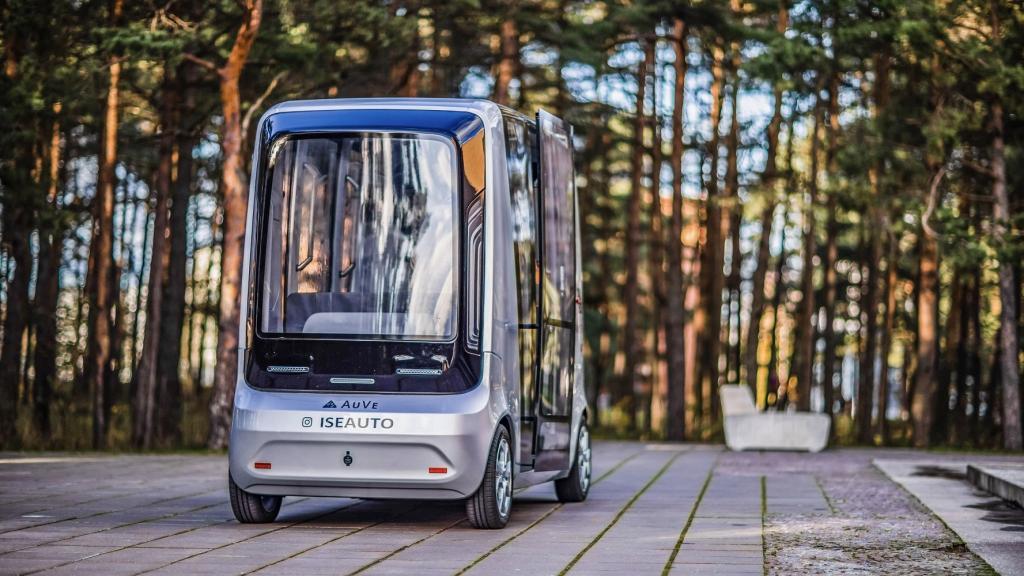The University of Tartu and Auve Tech, an Estonian startup, will develop a hydrogen-powered driverless vehicle by 2021 and have, to that end, signed a cooperation agreement.
The purpose of the cooperation project is to develop technology to enable the use of hydrogen in passenger cars. The project will integrate the hydrogen cell system into Auve Tech’s next-generation self-driving vehicle.
“In addition to the electric vehicles produced so far by Auve Tech, the use of hydrogen cells provides an alternative and faster charging option,” the company said in a statement.
“Our next-generation fuel cells operate at significantly lower temperatures than previously available on the market. This ensures a significantly longer life for these devices, and they are also several times safer,” Enn Lust, the director of the Institute of Chemistry at the University of Tartu, said.
Cooperation with universities
Auve Tech’s self-driving vehicle concept grew out of the cooperation with the Tallinn University of Technology (TalTech) that started in 2017.
“We have been open to cooperation with universities from the beginning,” Väino Kaldoja, the author of the idea and a successful Estonian automotive entrepreneur (Kaldoja has run the largest Mercedes franchise in Estonia for almost 30 years), said. He added that it was important to involve top Estonian researchers and prove that big things could be done in small Estonia.
The hydrogen-powered driverless vehicle is claimed to be the first of its kind in the world and is planned to be completed by mid-2021.
Cover: Auve Tech’s prototype driverless car.

